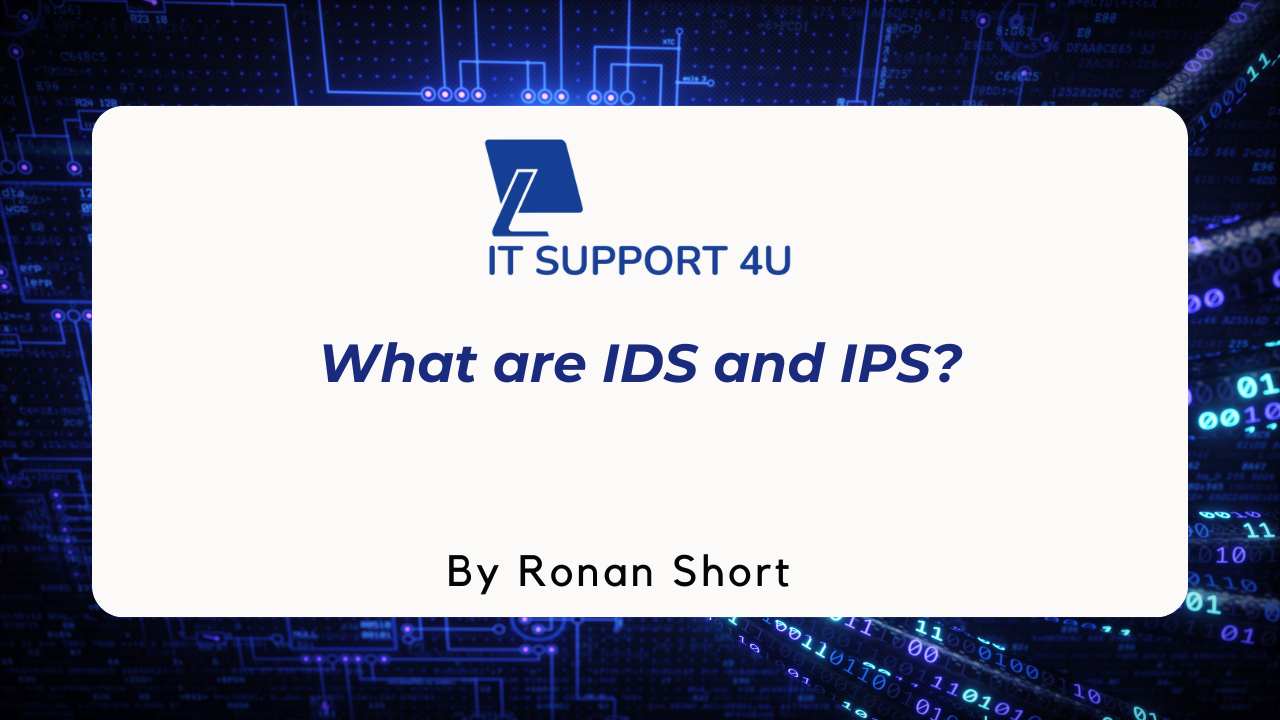Cloud computing has been a revolutionary force in the IT industry, offering businesses significant advantages, including operational efficiency, scalability, and cost savings. However, as companies increasingly adopt this technology, one persistent challenge that most companies face is "How to optimise cost management in the cloud."
IT Support 4 U has spent years refining cloud strategies for businesses across various industries. So, this comprehensive guide shares valuable insights on managing your cloud expenses more effectively and maximising your investment. So, let's go!
The Importance of Cloud Cost Optimisation
Before delving into the details, it's crucial to understand why optimising your cloud costs is important. Not only does it save your company money, but it also ensures efficient resource utilisation, better budgeting, and an overall healthier IT environment.
Efficient Resource Utilisation
With cloud services, you pay for what you use. By optimising costs, you can better manage your resources, ensuring you only pay for what you need. This leads to cost savings and promotes more efficient use of resources.
Better Budgeting
Effective cost management allows you to forecast your cloud expenses, making budget planning easier and more accurate. This eliminates surprises and makes it easier to allocate resources effectively.
A Healthier IT Environment
Cost optimisation often goes hand in hand with operational efficiency. When your cloud services are optimised, your IT systems run more smoothly, reducing downtime and increasing productivity.
Strategies on How to Optimise Cost Management in the Cloud
In our experience, several proven strategies for managing cloud costs effectively exist. Let's look at these in more detail.
Understand Your Cloud Costs
The first step in optimising your cloud costs is understanding them. This involves analysing your current usage and costs and identifying where you're overspending.
Utilise Right-Sizing
Right-sizing means matching your cloud services to your actual needs. Often, businesses overprovision, leading to unnecessary costs. Regularly assess your cloud usage to identify areas where you can reduce capacity without affecting performance.
Leverage Reserved Instances
Reserved instances allow you to commit to certain services for a period of time in exchange for a discount. Reserved instances can provide significant savings if you have predictable, long-term workloads.
Implement Auto-Scaling
Auto-scaling adjusts your resources based on demand. This ensures you have the capacity you need during peak times without overpaying during slower periods.
Use Cost Management Tools
Several cloud providers offer cost management tools to help track and manage your cloud expenses. These tools can provide valuable insights and make cost management much more manageable.
The Role of Governance in Cloud Cost Optimization
Strong governance is a key factor in successful cost management in the cloud. It allows organisations to enforce policies, ensure compliance, and manage cloud costs effectively.
Implementing Policy-Based Optimisation
Policy-based optimisation involves creating rules that govern how your organisation uses cloud resources. These policies can include guidelines for right-sizing, purchasing reserved instances, or using specific regions or instance types.
Ensuring Compliance
Compliance is crucial in cloud cost management, ensuring that your organisation follows best practices. Regular audits can identify non-compliance and potential areas for cost savings.
Budget Enforcement
Setting budgets for different teams or projects can help keep costs under control. Budget alerts can notify you when spending is approaching or exceeding these limits, allowing you to take action before costs spiral out of control.
Managing Multi-Cloud Environments
Many organisations use multiple cloud providers to meet their varying needs. However, managing costs in a multi-cloud environment can be complex.
Centralised Cost Management
A centralised cost management approach can give you a complete picture of your spending across all your cloud providers. This can help you identify inefficiencies and areas for optimisation.
Inter-Cloud Data Transfer Costs
Transferring data between cloud providers can incur costs. Understanding these costs and minimising unnecessary data transfers can help manage multi-cloud expenses.
Leveraging Cloud-Specific Discounts
Each cloud provider offers unique pricing models and discounts. You can optimise costs across all your cloud providers by effectively understanding and leveraging them.
The Future of Cloud Cost Management
As cloud technologies continue to evolve, so will the strategies for managing cloud costs. Here are a few trends to keep an eye on.
Increasing Use of AI and Machine Learning
Artificial intelligence (AI) and machine learning are increasingly important in cloud cost management. These technologies can automate cost optimisation tasks, predict future costs, and provide valuable insights.
Growing Importance of Sustainability
As businesses become more environmentally conscious, the sustainability of cloud services will become more important. This may influence decisions about which cloud providers to use and how to optimise costs.
More Complex Pricing Models
Cloud providers continue to introduce new pricing models and services. Understanding and using these to your advantage will be crucial in managing your cloud costs effectively.
The Role of Training and Education in Cloud Cost Optimisation
While tools and strategies can significantly aid in cloud cost optimisation, one crucial element often overlooked is the role of training and education. Ensuring your team is well-informed about cost management can have profound implications for the effectiveness of your optimisation strategies.
Continuous Training Programs
Continuous training on cloud cost management techniques should be integral to your IT team's development. Understanding how to leverage different cloud services efficiently and align them with business needs can lead to substantial cost savings.
Staying Updated on Cloud Services
Cloud providers often roll out new services, pricing models, or updates to their existing offerings. Regularly educating your team about these updates ensures you can leverage them for cost management as soon as they're available.
Cultivating a Cost-Aware Culture
A culture that appreciates cost-effective resource usage can go a long way in optimising cloud costs. When each team member understands the financial implications of their decisions regarding cloud resource usage, they're more likely to make cost-effective choices.
Ready to Optimise Your Cloud Costs? IT Support 4 U is Here to Help!
Optimising your cloud costs can be simple. With the right understanding and strategies, you can significantly reduce your spending and ensure you get the most from your investment. So, if you need help figuring out where to start or need expert assistance, IT Support 4 U is here to help.
As a premier IT Support Services company in Ireland, we have the expertise to guide you through this process and ensure your cloud services are optimised for cost and performance. So, contact us today to learn more about how we can assist you in optimising cost management in the cloud.
Get an IT Plan Today!













